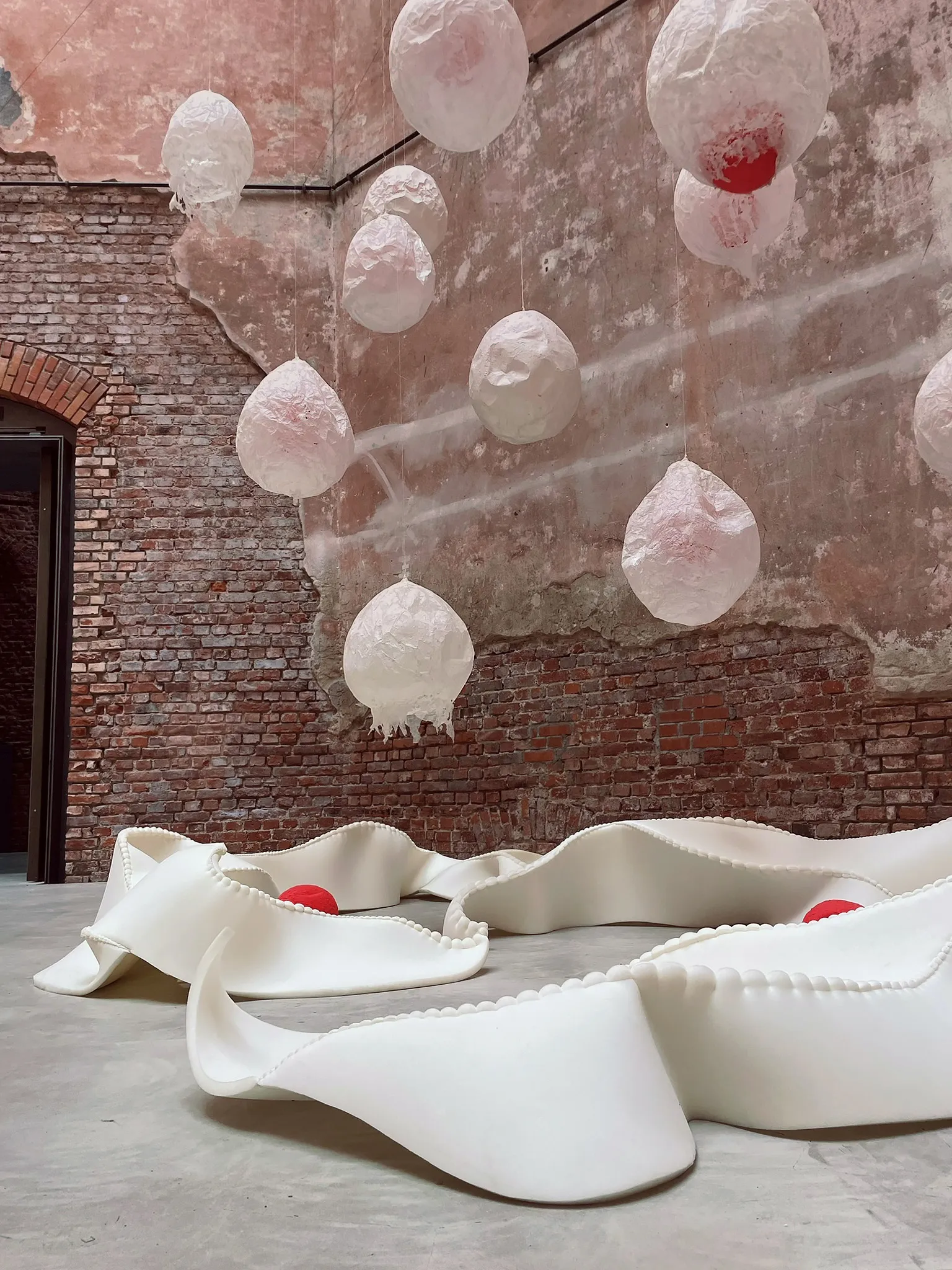
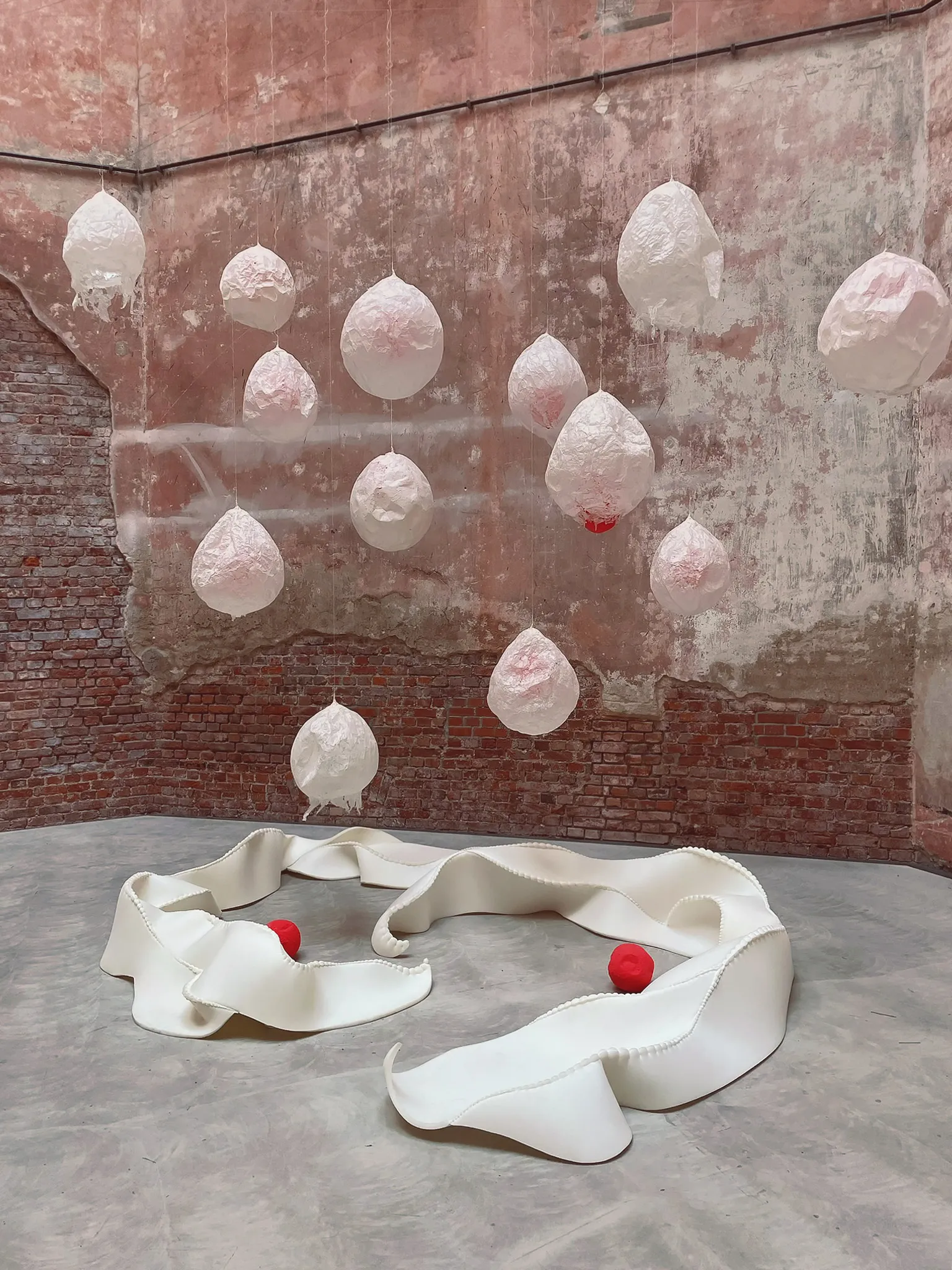
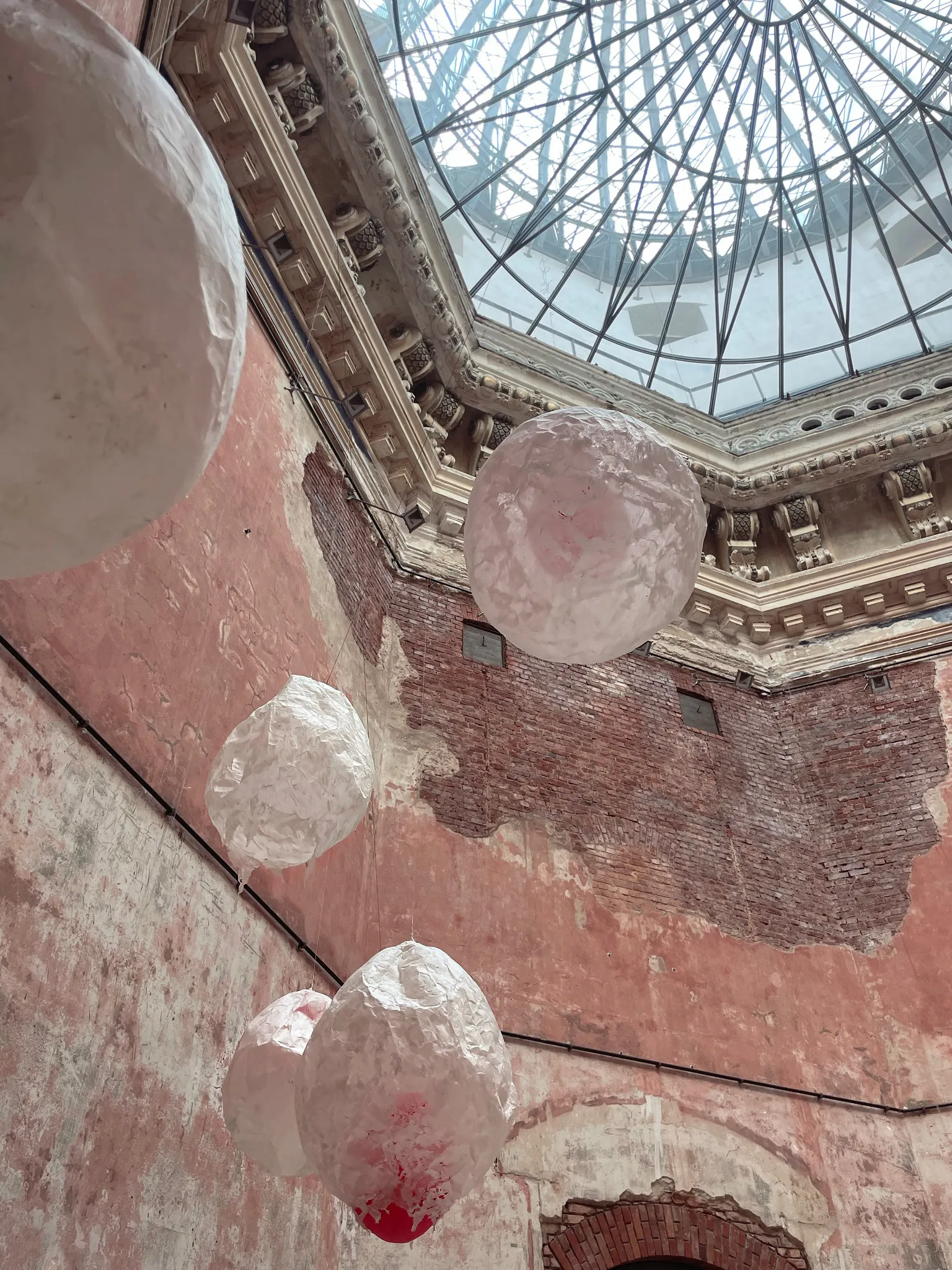
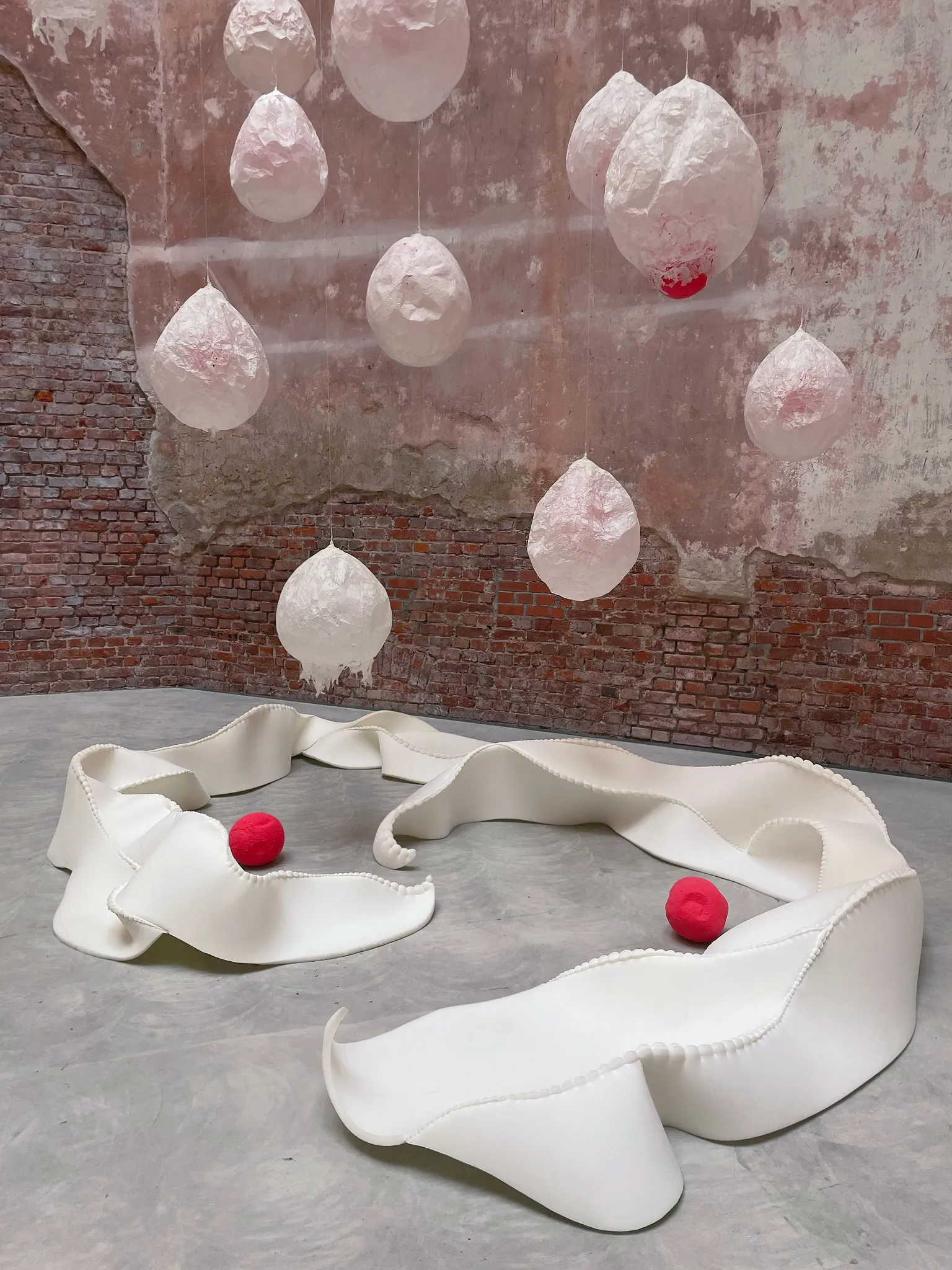
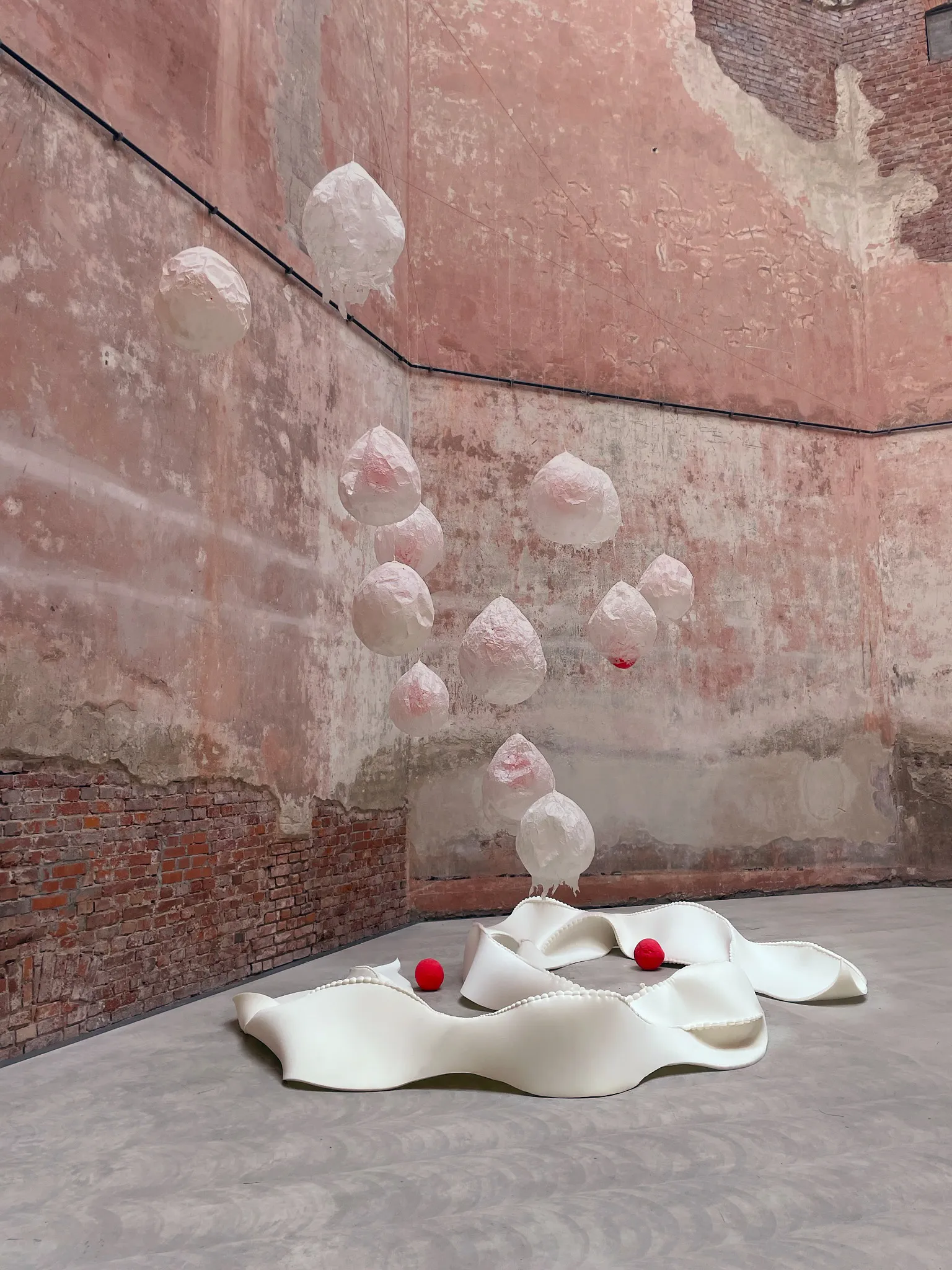
The octopus is, contrary to popular belief, one of the most intelligent creatures in the sea. With its complex nervous system and highly flexible tentacles, it appears to have the potential to form an underwater civilization. Yet no such civilization has ever emerged.
One reason may lie in its extreme reproductive strategy: the octopus reproduces only once in its lifetime. After mating, the male dies, while the female lays a large number of eggs and then stops eating entirely. She dedicates her remaining energy to guarding and caring for the eggs, cleaning them constantly and providing them with oxygen. Just before the hatchlings emerge, she dies of starvation.
The young are born into a world without parents – without the possibility of learning, of inheriting memory or experience. This biological cycle interrupts the transmission of knowledge. Despite their intelligence, octopuses are caught in a generational loop. Their story begins anew each time. Civilization cannot arise this way. This is the paradox of lost memory.
In the installation, delicate egg forms made from handmade Kozo paper hang in mid-air, reacting to the slightest air movement – even the presence of viewers causes them to sway gently, like the mother’s tentacles. On the floor lie undulating foam structures, reminiscent of dismembered bodies of marine creatures.
The work serves as a quiet reminder: without intergenerational memory, every culture is at risk of vanishing – like the forgotten civilization of the deep.

